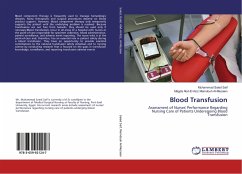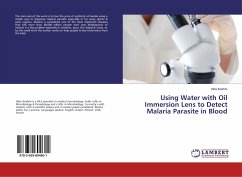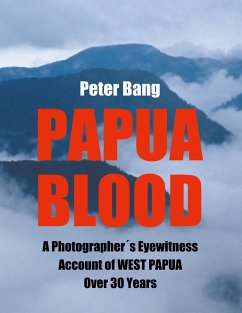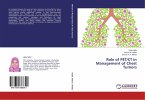Blood component therapy is frequently used to manage hematologic diseases. Many therapeutic and surgical procedures depend on blood product support. However, blood component therapy only temporarily supports the patient until the underlying problem is resolved. Because transfusions are not free from hazards, they should be used only if necessary.Blood transfusions occur in all areas of a hospital with nurses at the point-of-care responsible for specimen collection, blood administration, patient surveillance, and adverse event reporting. The nurse who is at the point-of-care and, therefore, has an essential role in patient safety during a blood transfusion. They have an opportunity to provide essential contributions to the national transfusion safety initiatives and to nursing science by conducting research that is focused on the gaps in transfusion knowledge, surveillance, and reporting transfusion adverse events
Bitte wählen Sie Ihr Anliegen aus.
Rechnungen
Retourenschein anfordern
Bestellstatus
Storno








